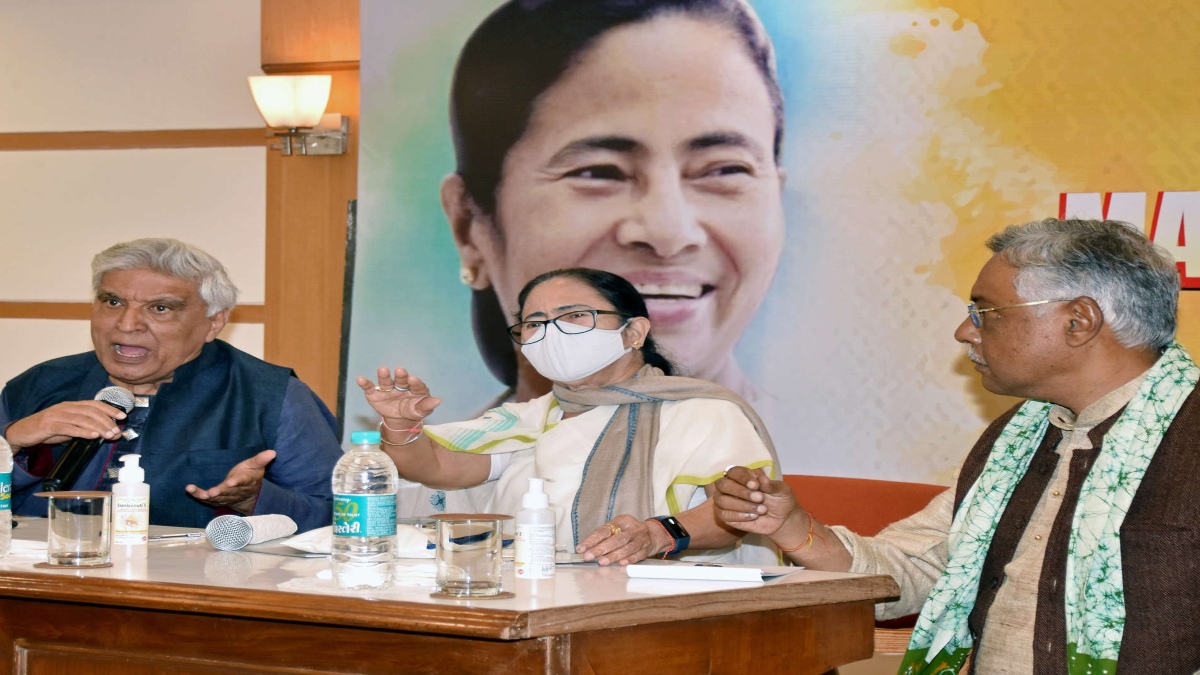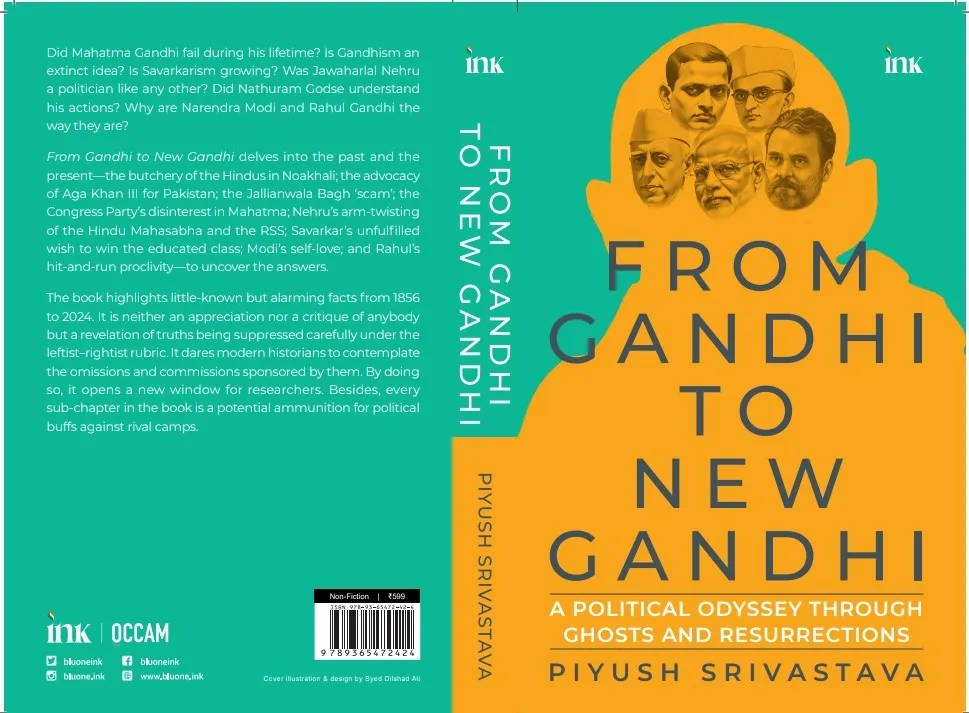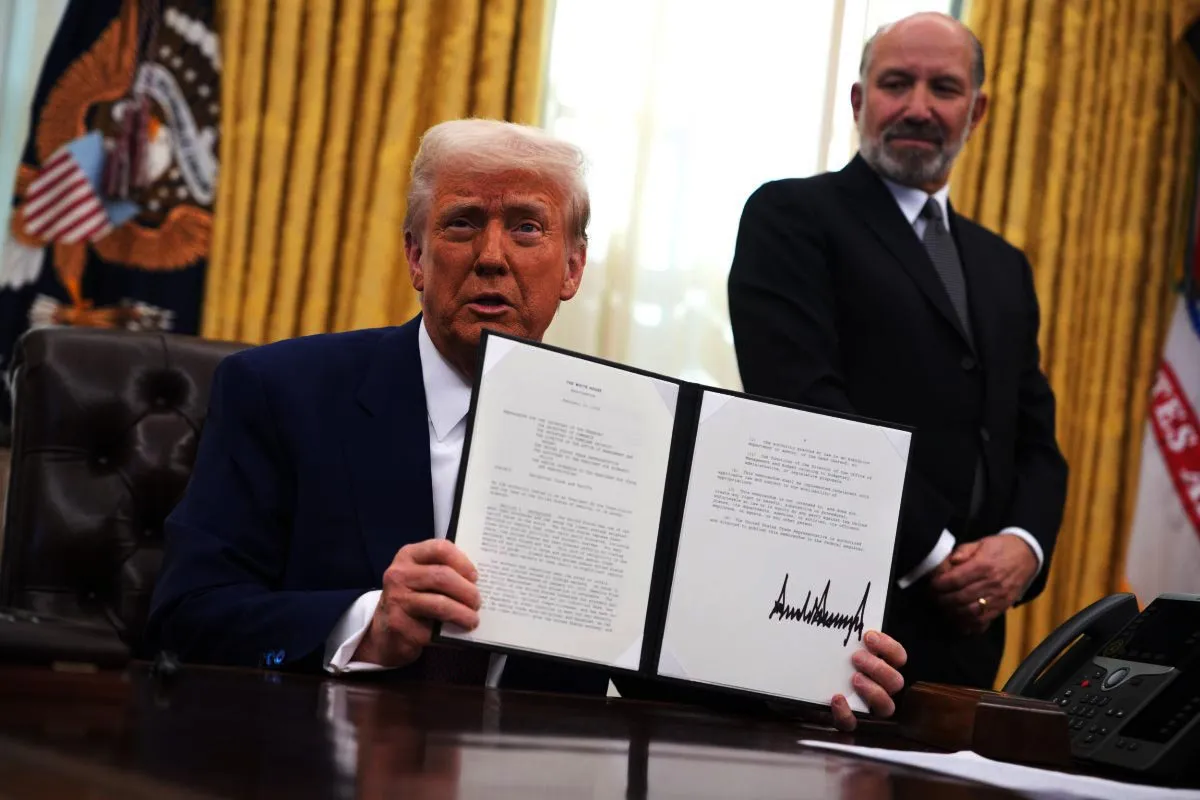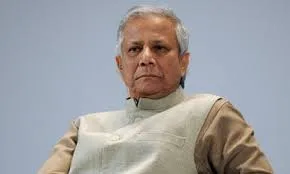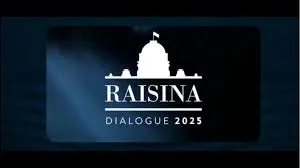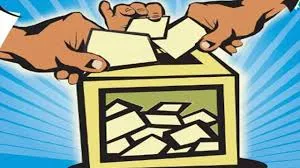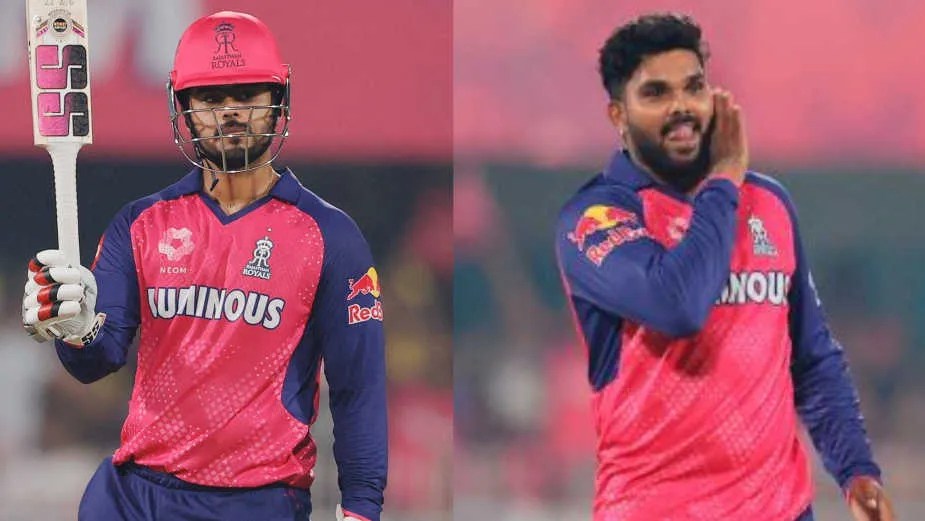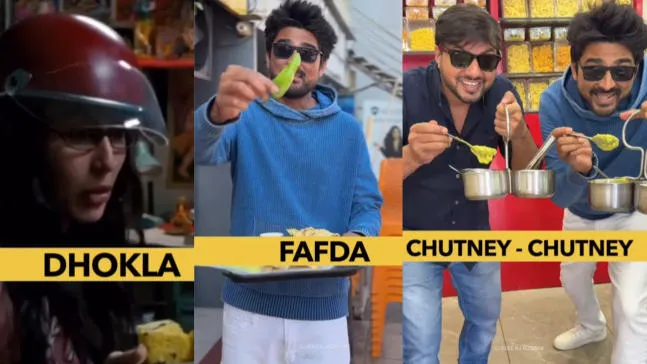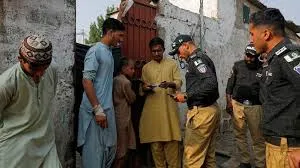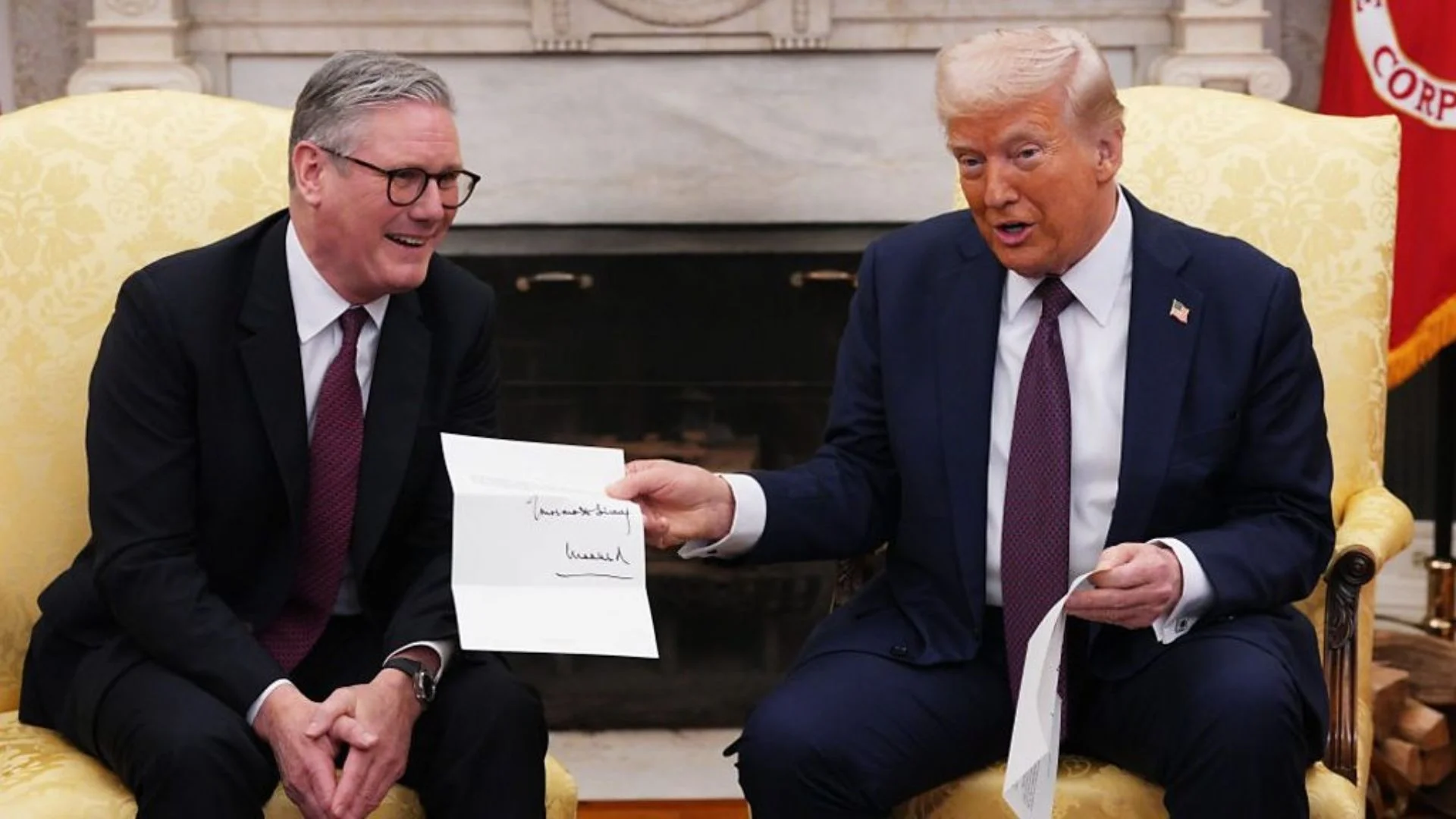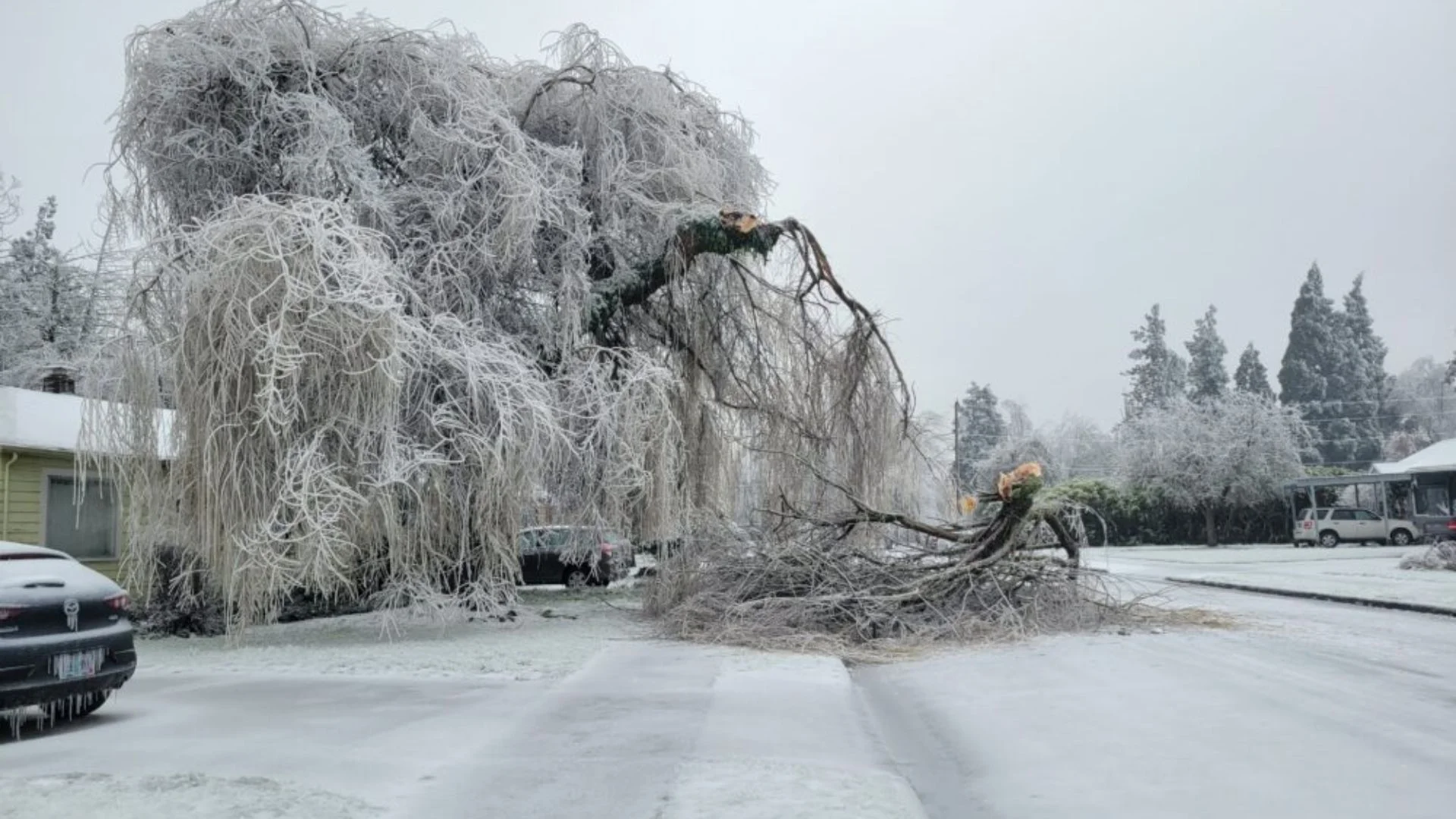Mamata Banerjee’s desperate attempt to form an anti-Modi front is likely to be damp squib like many other efforts made before her by various other leaders. Her assertion that there is no UPA (United Progressive Alliance) is correct but to assume that this would mean a readymade ground for the formation of an alternative front reflects the fallacy of her political understanding.
Her meeting with Nationalist Congress Party (NCP) chief Sharad Pawar in Mumbai is good optics in search of her political relevance at the national level after she has managed some good sound-bites in Goa and Meghalaya and also at the national level by making some eminent leaders join her party. But to make others accept her as a leader need many factors. A mere glue of anti-Modi-ism won’t work.
The Trinamul Congress (TMC) is trying to play a prominent role at the national level to increase Mamata Banerjee’s acceptability as a leader among various other political parties which are currently with the Congress namely the NCP and the Shiv Sena—this is true that the Congress does not have many allies. But for both the NCP and the Shiv Sena, the TMC does not add any might to their political existence. No one does charity in politics and what she would bring to the table would decide her fate.
There are two options left for her. One is to make every other splinter group of the Congress join the parent body and get the Gandhi family to order a democratic election and Mamata Banerjee wins the election to the party president. This is fraught with difficulties since the Gandhi family would not oblige so easily. They can trust a loyalist but not a rival.
The second option is to set up an all-India-based parallel organisation of her party- something that was done by the Janata Dal or other such parties. But this needs a lot of resources and a steely determination. And what would be the ideology guiding this party? Anti-Modi-ism won’t do. She is incapable to devise an ideology of her own.
The biggest challenge to any party or alliance today is to get the support of people. You can get leaders but not masses and unless you get people to back your efforts, these leaders would be paper tigers only. Many leaders in the BJP got intoxicated by public support and they decided to chart out a separate course. But they failed desperately and had to suffer the ignominy of rejoining the parent party and accepting a lesser status.
One caste-based party or issue-based regional parties have limitations. They cannot play a larger role at the national level. For that, the party’s ideology and its leaders will have to have a comprehensive vision for the country that would be acceptable to one and all. People must trust that you would be able to steer the country as per their expectations.
This is here where Prime Minister Narendra Modi fits the bill. He understands the aspirations of the country that has 65 per cent youths. This section of the population has often demonstrated the capabilities to rise above narrow considerations of caste and religion and to vote for development and faster development. The youths want transparency and accountability and a system that would guarantee them the dignity of being a citizen of this country.
Narendra Modi has earned this image through long and arduous struggle. When he was the chief minister of Gujarat, he worked hard to change the face of the State. Over a period of time, he became the choice of the country for the post of Prime Minister. It is not that the BJP wanted to project him. The party was forced to act as per the aspirations of the country to see Modi as the Prime Minister.
Without being jealous of Modi, Mamata Banerjee can work towards becoming a role model. Can she use the opportunity people have given to her to transform West Bengal on the developmental roadmap? Can she come out of minority appeasement politics and deliver justice to every section of society? Can she work to strengthen the nation’s security since West Bengal’s boundary has issues of illegal infiltration that are changing the population dynamics of the state? Once she had spoken so loudly in parliament on infiltration from Bangladesh.
The image of Mamata Banerjee is still of a rabble-rouser and a street fighter. She has failed to acquire the image of a matured leader who understands the issues the country is facing. Or, maybe she understands the issues but her politics does not allow her to publicly articulate these. When you are on the hot seat every move of yours is being watched.
If tomorrow, she begins a no-nonsense approach and implements good governance at every level of administration, she might acquire national prominence. It needs just flipping through pages of success stories of the Gujarat model which other States have tried to implement but in piecemeal. She would fit well into the development vision of Modi and would get faster development for her State.
Mamata Banerjee also must be acutely aware that nobody is permanent in politics and the position cannot be taken for granted. The BJP has emerged as a formidable force and is in main opposition in West Bengal and would do everything to unseat her from power next time. Her time is ticking. A magical formula has to be evolved or she would fade out like many others before her.
Mamata Banerjee and other leaders who dream to challenge Narendra Modi must understand that he has redefined the country’s politics. The issues of caste, religion, etc are there but these have been overpowered by the larger vision of a strong and developed country. Members of all social or religious groups need opportunities for better lifestyles and they find Modi to be their best bet.
The eyes of poor people glitter with hope at the mention of Modi. They get assurance their lives would change for the better. Opposition parties think that by taking away this hope they can defeat Modi, they are living in La-La land. It takes years of measured responses to be taken seriously as an opposition party. If a party decides to oppose whatever the Government is doing this would not go well with people.
Defence indigenisation has saved precious Dollars that used to be spent on buying crucial arms and ammunition. This has also put a check on corruption in defence deals. The purchase of crucial fighter aircrafts has secured the borders at a time when the country is facing a stand-off with China on the Eastern borders. How many of these opposition parties have lauded the efforts of the Prime Minister? They have on the contrary done everything to undermine the efforts of the government.
In such a situation who is going to support these parties? The youths of the country are today more empowered than ever before due to proliferation of the social media. Traditional media is forced to follow the agenda in social media unless they are not bothered about their image.
Across the globe, there has been an assertion of nationalist forces. What is good for the country and what is not is being openly debated on various platforms? The forces of radicalisation are facing stiff challenges everywhere. Leaders and parties are forced to take a stand on issues of terrorism and national security. No party leader in any country can dare to call its army chief “gali ka goonda” and still survive politically.
At a time when the country is bleeding and losing the lives of its army personnel and civilians from cross-border terrorism, no party would dare to be soft with Pakistan. If India gets beaten by Sri Lanka in cricket and there is clapping for a better display of skills, people would not mind. But if crackers are burnt on Pakistan’s victory over India in cricket by a section of the minority community, this would not be appreciated. Whatever rationalisation one may give reminding of the Tebbit test of the United Kingdom, the fact remains that the nationalist sentiment gets hurt at such naked celebration over defeat.
Mamata Banerjee has to decide which side of the fence she would like to stand. Whether she wants the support of some sections of society or all sections based on the interests she represents? The country needs many people aligned to the vision of bringing back the past glory of India – a country that preached love and brotherhood and had achieved prosperity few could imagine. Neither Islamic invaders nor the British came to India to do charity. They came to exploit the rich resources and those who settled here did so in search of better lives. India is rediscovering its energy to reclaim its glory and rightful place in the comity of nations.
The writer is the author of ‘Narendra Modi: the GameChanger’. A former journalist, he is a member of BJP’s media relations department and represents the party as spokesperson while participating in television debates. The views expressed are personal.

